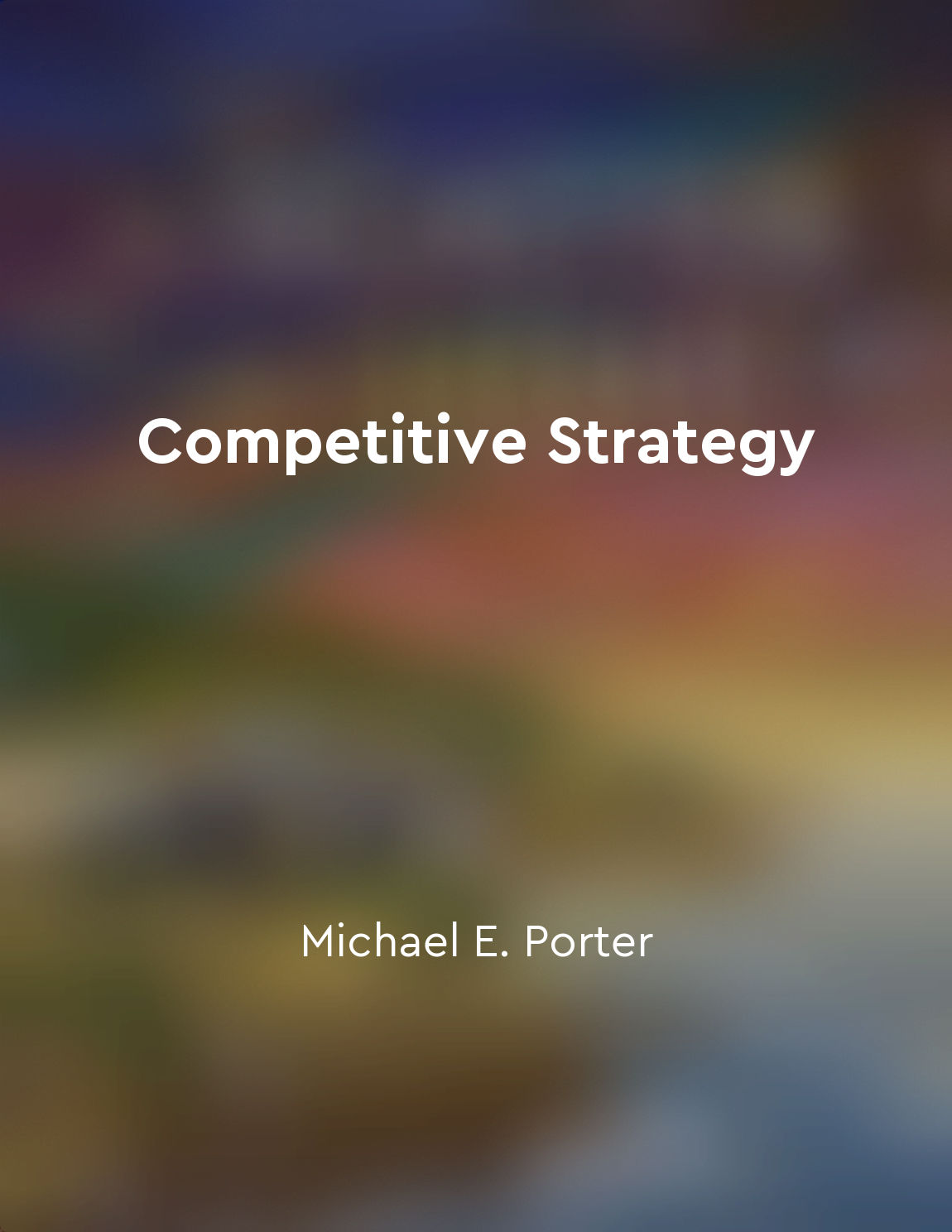Regulatory consistency promotes market stability from "summary" of The Economics of Regulation: Principles and Institutions: Economic principles by Alfred Edward Kahn
Consistency in regulatory policies is essential for maintaining stability in markets. When regulations are consistent and predictable, it allows businesses to make informed decisions about their operations and investments. This predictability reduces uncertainty and risk, which in turn promotes market stability. Furthermore, regulatory consistency helps to create a level playing field for all market participants. When regulations are consistently applied and enforced, it prevents unfair advantages for certain players in the market. This fosters competition and ensures that resources are allocated efficiently. Inconsistent regulations, on the other hand, can lead to market distortions and inefficiencies. When regulations change frequently or are applied inconsistently, it creates confusion and increases compliance costs for businesses. This can hinder investment and innovation, ultimately leading to market instability. Additionally, regulatory consistency is important for building trust and credibility in regulatory institutions. When regulations are perceived as fair and consistent, it enhances the legitimacy of regulatory authorities. This trust is crucial for maintaining public confidence in the regulatory process and ensuring compliance with regulations.- Regulatory consistency is a key factor in promoting market stability. By providing clarity, predictability, and a level playing field for market participants, consistent regulations help to reduce uncertainty, foster competition, and build trust in regulatory institutions. Ultimately, regulatory consistency is essential for creating a stable and efficient market environment.
Similar Posts
Oil reserves are unevenly distributed around the world
The distribution of oil reserves across the globe is far from uniform. There are some countries that are blessed with abundant ...
Continuous improvement is the cornerstone of effective process management
Continuous improvement plays a crucial role in the success of process management. It is the driving force behind the optimizati...
The Fallacy of Ignoring the Law of Supply and Demand
The error of ignoring the law of supply and demand is widespread in economic thinking. This fallacy often leads to misguided po...
Continuously educate yourself on stock market trends
It is essential to always stay informed about the latest trends in the stock market. This continuous education will help you ma...
Regional trade blocs enhance market access for member states
Regional trade blocs play a significant role in facilitating trade among member states by reducing barriers and increasing mark...
The rise of the gig economy is changing work patterns
The transformation of work in the digital age is undeniable. Traditional employment models are being disrupted by the rise of t...

Big data poses challenges for privacy and security
The proliferation of big data in today's digital age has brought about a plethora of opportunities for businesses, governments,...
Exchange rate overshooting occurs in response to shocks
When shocks hit an economy, exchange rates tend to overshoot. This phenomenon can be explained by the adjustment process that e...

Companies must make tradeoffs in choosing a competitive position
The essence of strategy is choosing what not to do. Companies must make tradeoffs in choosing a competitive position. A tradeof...

Judicial review ensures legal consistency
Judicial review is a mechanism that allows courts to review the constitutionality of laws passed by the legislature. This proce...

